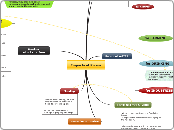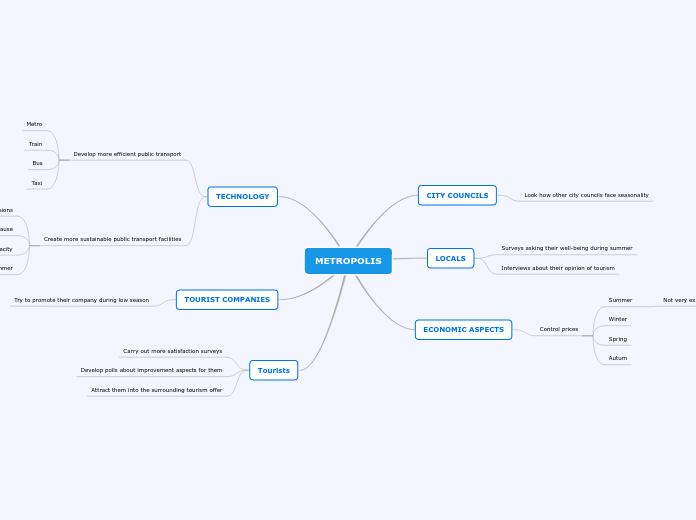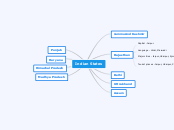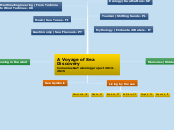by amanda lim 15 years ago
1066
Impacts of Rivers
Rivers play a crucial role in various aspects of human life and the environment. They are pivotal for generating hydroelectric power, a significant renewable energy source, where dams and turbines harness water flow to produce electricity.









